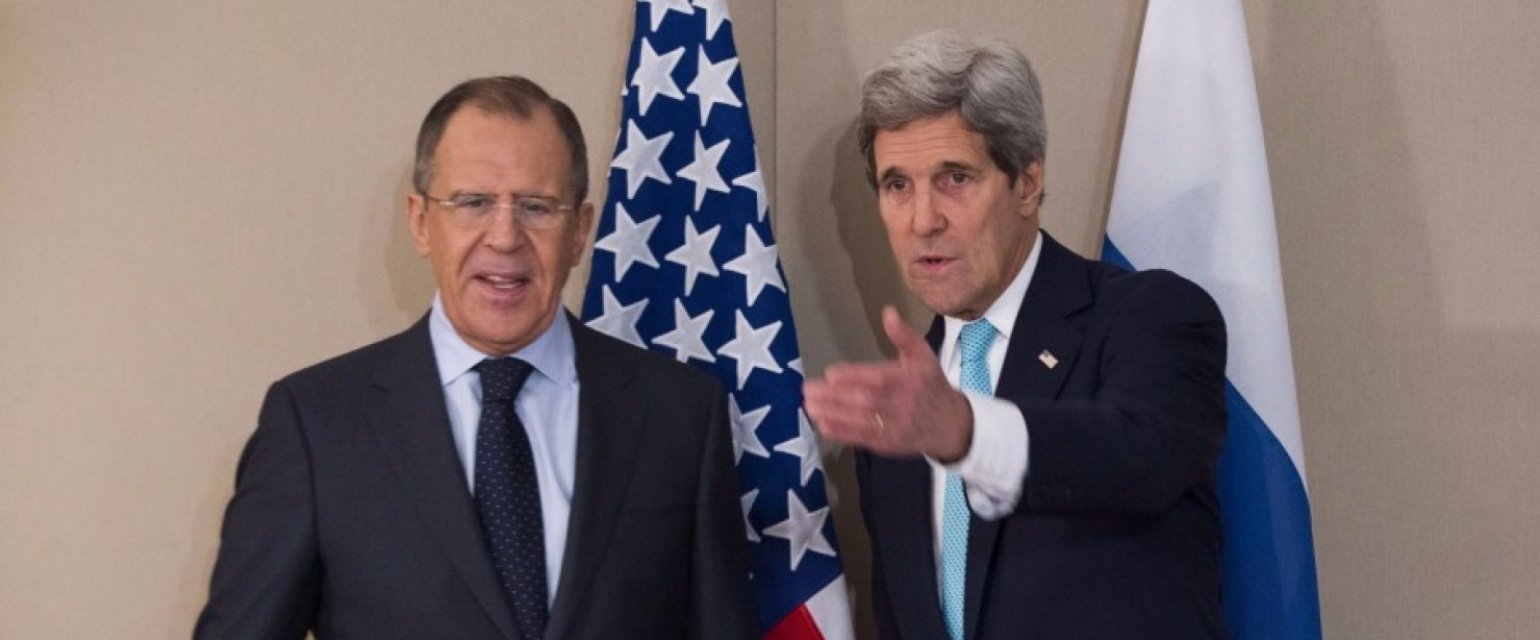

The text was originally published at RBTH
The crisis in Russian-American relations engendered by the conflict in Ukraine is threatening world nuclear stability, with Russia's exit from the Treaty on Conventional Armed Forces in Europe (CFE) a direct consequence of the confrontation over events in Ukraine. Moreover, the Intermediate-Range Nuclear Forces Treaty (INF) is also now in question, as well as future cooperation in the nuclear field.
Misunderstanding and mistrust are growing between Russia and the U.S., which have already put the issue of future nuclear disarmament in question.
"The Russian government, aware of the extremely unpleasant external situation, does not think it is possible to further reduce the amount of nuclear weapons," says Pyotr Topychkanov, coordinator of the Problems of Non-Proliferation Program at the Moscow Carnegie Center.
Moreover, Moscow will most likely continue developing its nuclear potential. The Russian Ministry of Defense announced that the latest tests of the Rubezh intercontinental ballistic missile were successful and that it is ready to include the missile in its arsenal. Russian Deputy Prime Minister Dmitry Rogozin calls the new rocket "the missile defense killer."
Russian-American cooperation in non-proliferation of nuclear weapons has also become difficult.
"Russia is still against the appearance of new nuclear countries," continues Topychkanov. "But it is not hurrying to support American initiatives in the field of proliferation, preferring international efforts under the aegis of the UN."
Tension is growing
According to the Kommersant newspaper, more than 40 percent of the participants in the International Conference on Nuclear Non-Proliferation, which took place at the end of March at the Carnegie Foundation, recognized that in the next two years either Russia or the U.S. will abandon key agreements in the field of armament control: the New Strategic Arms Reduction Treaty (New START) or the Intermediate-Range Nuclear Forces Treaty (INF).
In the opinion of Sergei Rogov, director of the Institute of U.S. and Canada Studies at the Russian Academy of Sciences, current relations between Russia and the U.S. have been aggravated to the limit and therefore it can be said that a new Cold War has begun.
"The armament control regime is being threatened. The INF and the START agreements are being threatened,” Rogov told the Rossiya Segodnya news agency at a press conference, warning that the INF could become obsolete by the end of 2015. “The entire regime that was developed during the Cold War is falling apart,” said Rogov. “If competition without regulation begins, we will return to the times of the Cuban crisis, to the verge of a war."
Pyotr Topychkanov is more optimistic, however:
"General Purpose Forces are already being increased. But this will not necessarily push Russia out of the INF Treaty. There are other ways of reacting to this, first of all in the field of General Purpose Forces.”
Approaches need to be reviewed
Andrei Sushentsov, Managing Partner at the Vneshnyaya Politika Analytical Agency, said that there are several scenarios to the development of Russian-American relations, the worst of which would be the continuation of the policy of isolating Russia and the tightening of sanctions. However, Sushentsov believes that Moscow and Washington would like to avoid such a course of events. This can be deduced by Barack Obama's refusal so far to supply Ukraine with lethal weapons.
A more moderate scenario says that relations between Washington and Moscow will develop in accordance with American-Chinese relations.
"In its national security strategy the U.S. indicates that one of its main aims is not to misevaluate China's behavior," says Sushentsov.
Sushentsov believes that the current crisis was made possible by the fact that in the last 20 years the United States has not been very circumspect in its evaluation of Russia.
"The Americans think that Russia is in decline and has no alternative but to assume a minor role in the Euro-Atlantic community under the conditions dictated by NATO. When the U.S. realizes that this is not true, it will open a new phase in Russian-American relations."
Over the past month, Theresa May’s government has crafted a narrative that harks back to Great Britain’s greatest contributor to Cold War psychological operations — Ian Fleming. The media coverage of the Skripal case, the alleged chemical attack in Syria, and the military response to it play into London’s hands geopolitically by making Britain internationally relevant at a time when its divorce from the EU demonstrates the exact opposite.
The latest surge of military activity occurred on the eve of the 70th anniversary session of the UN General Assembly. Whereas the bellicose rhetoric once sounded mostly from Azerbaijani officials (not because of any particular militancy on their part, but because the conflict is perceived as a national trauma), in the fall of 2015 the Armenian side also began to talk tough.
Meanwhile, Western politicians have interpreted the authorization vote and the action in Crimea somewhat differently than Russian experts. So far, however, Russian authorities have been unmoved by threats of sanctions and visa bans, possibly because the stakes of backing down on Ukraine at the request of Western governments are higher than staying the course, as long as a full-scale war can be avoided.
At the same time, Moscow is strongly opposed to the collapse of Ukraine. Indicative of this is Vladimir Putin’s address to the leadership of Donetsk and Lugansk, requesting them to maintain the formal territorial integrity of Ukraine.